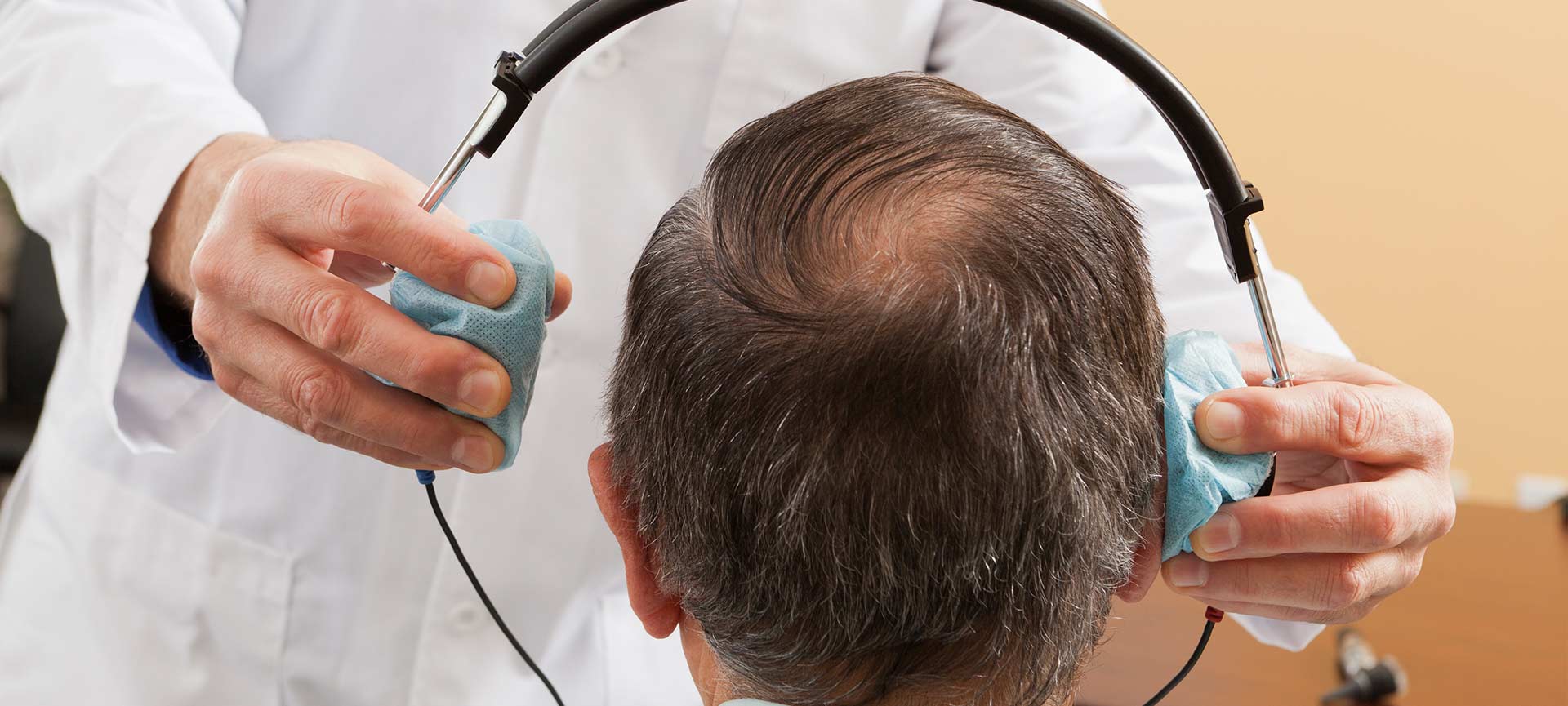In a 2020 hearing health survey conducted by Hearing Industries Association (HIA), 45% of adults responded that they have not had a hearing test for more than 10 years…or ever! Whether it be because you feel like you can hear well enough, you don’t know what to expect at a hearing health appointment, or you have put off health upkeep that you didn’t view as essential during the pandemic, it’s important to remember that hearing health is also essential for overall wellbeing. Below, Starkey provides helpful guidance to what can be expected during your first hearing appointment. You may be surprised at how quick and simple a visit can be! Don’t put it off any later – take care of your hearing health today.
 OK, you’ve finally decided to go in and get your hearing tested. Whatever your reasons for doing it — your spouse has been bugging you, or you’re tired of missing out, or [insert your own reason here] — it’s good to be prepped for what to expect.While procedures may vary from state to state and clinic to clinic, below we’ll walk you through how a typical hearing test and consultation with a hearing healthcare professional goes. Depending on the results of testing, you should expect your hearing appointment to last approximately an hour.
OK, you’ve finally decided to go in and get your hearing tested. Whatever your reasons for doing it — your spouse has been bugging you, or you’re tired of missing out, or [insert your own reason here] — it’s good to be prepped for what to expect.While procedures may vary from state to state and clinic to clinic, below we’ll walk you through how a typical hearing test and consultation with a hearing healthcare professional goes. Depending on the results of testing, you should expect your hearing appointment to last approximately an hour.
1. You’ll be asked to complete intake forms
As with most healthcare appointments, you will likely have some paperwork to complete when you arrive (or they may send it beforehand). Hearing professionals are trained to assess your hearing and may refer you to the appropriate medical professional if there could be a suspected medical condition related to your hearing loss.
Some of the information needed to make that determination will be acquired through the paperwork you complete at this first appointment. Completing it to the best of your ability will help the hearing professional give you the best care possible. You may be asked to provide the following information on your forms:
2. You’ll discuss your hearing concerns
While the hearing professional will learn a great deal from your test results, no two people with the same hearing test results are alike. That is why this consultation step is so important. Expect them to ask you a lot of questions that are, of course, hearing related, but questions that also pertain to your lifestyle wants and needs.
It’s here where you’ll want to describe the hearing challenges you’re having, the situations where hearing is difficult and the things you hope to hear most. It’s also a great time to get answers to any other questions you have about hearing and hearing loss in general.
3. Your ears will be visually inspected
Your hearing professional will look into your ears with a handheld scope, called an otoscope. They are looking for any signs of abnormalities or medical conditions that could be contributing to your hearing concerns.
In addition, it’s possible you simply have earwax buildup that could be contributing to your hearing problem or may prevent accurate measurement of your hearing.
4. Your hearing will be tested
The testing procedure may vary between clinics or based on your particular hearing issues and concerns. For that reason, don’t be surprised if your testing differs from a friend’s who told you about their hearing test experience. Testing may include:

5. You’ll discuss the results
After testing, the hearing care professional will discuss your results and make recommendations for next steps based on all the information gathered at your consultation.
They may make a medical referral to your Primary Care Physician or an Ear, Nose, and Throat specialist (ENT). Or, your hearing care professional may recommend a reevaluation in a few months to a year.
If a hearing loss is revealed, they may recommend you consider hearing aids or other assistive devices. Additional discussion and demonstration of hearing aid options could take place right away or a second appointment might be recommended.
Annual hearing tests should be part of every adult’s health regimen
Your hearing is linked to so many things that impact your quality of life — including your career, relationships, physical and mental health, and more — so it’s important to be proactive, thorough, and treat any hearing loss before it turns into something bigger.